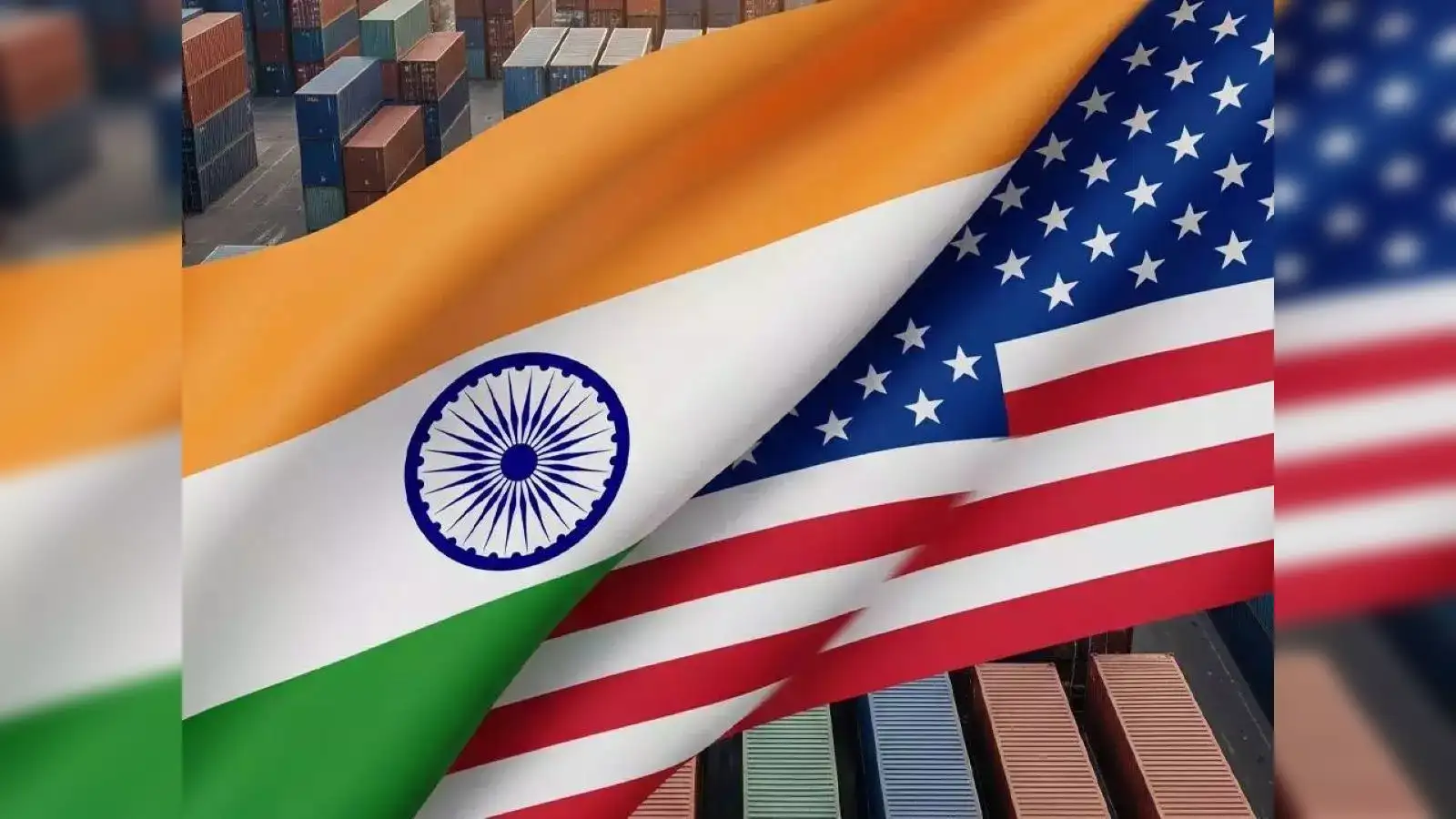Bilateral trade negotiations between India and the United States have hit a major snag with the postponement of the much-anticipated sixth round of talks originally scheduled for late August 2025. The decision to defer the meetings, announced by government sources from both sides, casts uncertainty over the prospects of finalizing a bilateral trade agreement (BTA) that had been eyed as a significant step towards doubling trade volumes by 2030.
The U.S. trade delegation was set to visit New Delhi between August 25 and 29 to continue discussions on key contentious issues including tariff concessions, market access, sanitary measures, digital trade, and customs facilitation. However, recent statements and reports confirm the visit is now likely to be rescheduled to an unspecified later date.
This development follows a string of tariff escalations by the U.S., notably a 25% levy imposed on Indian goods starting August 7, with a further 25% penalty set to take effect on August 27. These tariffs were introduced as part of the U.S. administration’s efforts to address trade imbalances but have been met with strong resistance from India, which opposes demands to open critical sectors like agriculture and dairy, emphasizing protection of its small farmers’ livelihoods.
During previous rounds of negotiation held through July, progress appeared promising with both countries expressing commitment to striking a balanced and mutually beneficial deal. But the current sway of geopolitical and economic pressures, including the recent Alaska summit between U.S. President Donald Trump and Russian President Vladimir Putin, and strained relations tied to India’s ongoing energy ties with Russia, have complicated the trade dialogue.
India’s commerce officials remain engaged across multiple channels, affirming the importance of the U.S. as a trading partner while simultaneously emphasizing the need for trade terms favorable to Indian industries and farmers. The government is concurrently monitoring export sectors most impacted by the tariffs and pursuing diversification strategies.
The postponement of talks introduces doubts about meeting the fall 2025 deadline for the first phase of the BTA, raising concerns about the stability and predictability of U.S.-India economic ties at a critical juncture. Industry stakeholders on both sides hope for renewed dialogue soon, as achieving a comprehensive trade agreement could pave the way for billions in increased bilateral trade and enhanced market access.
Until the talks resume, businesses and policymakers will continue to navigate uncertainties, balancing tariff pressures with long-term goals of expanding economic cooperation and strategic partnership between the two global economies.
More than news- Its Icegate

